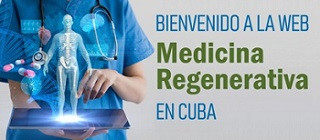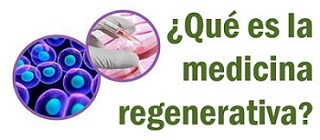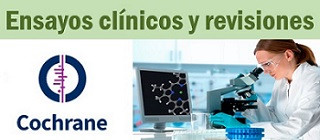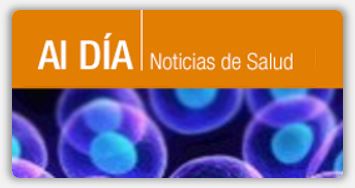Stem Cell–Mediated Transfer of a Human Artificial Chromosome Ameliorates Muscular Dystrophy.Sci Transl Med 17 August 2011
Sci Transl Med 17 August 2011:
Vol. 3, Issue 96, p. 96ra78
DOI: 10.1126/scitranslmed.3002342In contrast to conventional gene therapy vectors, human artificial chromosomes (HACs) are episomal vectors that can carry large regions of the genome containing regulatory elements. So far, HACs have not been used as vectors in gene therapy for treating genetic disorders. Here, we report the amelioration of the dystrophic phenotype in the mdx mouse model of Duchenne muscular dystrophy (DMD) using a combination of HAC-mediated gene replacement and transplantation with blood vessel–associated stem cells (mesoangioblasts). We first genetically corrected mesoangioblasts from dystrophic mdx mice with a HAC vector containing the entire (2.4 Mb) human dystrophin genetic locus. Genetically corrected mesoangioblasts engrafted robustly and gave rise to many dystrophin-positive muscle fibers and muscle satellite cells in dystrophic mice, leading to morphological and functional amelioration of the phenotype that lasted for up to 8 months after transplantation. Thus, HAC-mediated gene transfer shows efficacy in a preclinical model of DMD and offers potential for future clinical translation.




Haga un comentario